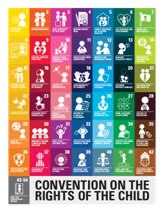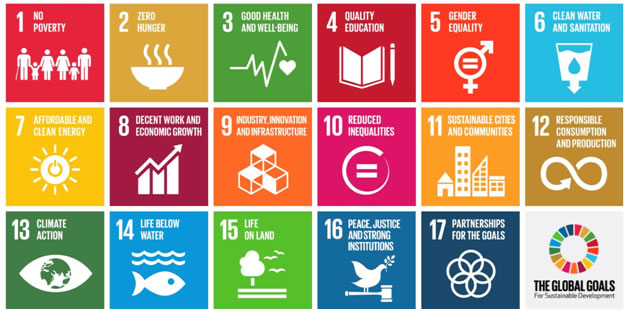Introduction
A child’s health include physical, mental and social well-being and not merely absence of disease or infirmity . Children especially infants are at higher risk of serious health problems. To protect the children from diseases and improve their health, growth and development, it is important that nutrition, diet, medication, sleep, exercise, vaccination and most importantly health services are given due consideration.
According to UNICEF’s estimate on January 01, 2019, more than 15112 babies were expected to be born in Pakistan on the very first day of the year,that accounts for 4% of all the babies born on the same day . Considering the estimated average, more 5.1million childbirths are expected throughout the year in the country.
The State of World’s Children Report – 2019, shows the annual number of births in 2018 around 5.9 million with an average 67 years of life expectancy at birth.
Current population of Pakistan is more than 212 million out of which under 18 population is 88 million and population under the age of five years is 27.291 million .
Global Trends of Child Health at a glance
Globally, at least 1 in 3 children under 5 is not growing well due to malnutrition in its more visible forms: stunting, wasting and overweight.
149 million children under 5 are stunted, almost 50 million children under 5 are wasted and 40 million children under 5 are overweight .
Globally, at least 1 in 2 children under 5 suffers from hidden hunger due to deficiencies in vitamins and other essential nutrients.
In 2018, almost 200 million children under 5 suffered from stunting or wasting while at least 340 million suffered from hidden hunger.
Only 2 in 5 infants under six months of age are exclusively breastfed, as recommended. Breastfeeding could save the lives of 820,000 children annually worldwide .
Child Health and Nutrition in Pakistan
Article 24(3-a) (e-i) of Constitution of Pakistan discusses public health and medical aid but it does not explicitly recognize the right to health.
UNCRC
 The four core principles of UNRCR include a child’s right to life, survival and development . Article 24 bounds state parties to recognize the right of a child to enjoy good standard health and provide health care facilities for treatment and rehabilitation . The right includes appropriate measures against child mortality and malnutrition and provision of medical assistance and health care, adequate nutritious food, clean drinking water. The article also incorporates pre and post- natal health care for mothers and awareness on health, hygiene, nutrition and well-being . The four core principles of UNRCR include a child’s right to life, survival and development . Article 24 bounds state parties to recognize the right of a child to enjoy good standard health and provide health care facilities for treatment and rehabilitation . The right includes appropriate measures against child mortality and malnutrition and provision of medical assistance and health care, adequate nutritious food, clean drinking water. The article also incorporates pre and post- natal health care for mothers and awareness on health, hygiene, nutrition and well-being .
SGDs

Zero Hunger - SDG Goal: 2
The SDG goals 2.1 and 2.2 aim to eliminate hunger and malnutrition by 2030 and achieving internationally agreed targets on stunting and wasting in children under 5 years of age and addressing the needs of adolescent girls, pregnant and lactating mothers .
https://www.pakistantoday.com.pk/2018/10/22/health-policy-reforms/
https://www.unicef.org/pakistan/press-releases/new-years-babies-over-15000-children-will-be-born-pakistan-new-years-day-unicef
https://www.unicef.org/media/63016/file/SOWC-2019.pdf
https://www.un.org/sustainabledevelopment/hunger/
https://www.unicef.org/media/63016/file/SOWC-2019.pdf
http://www.na.gov.pk/uploads/documents/1333523681_951.pdf
https://www.unicef.org.uk/what-we-do/un-convention-child-rights/
https://www.unicef.org.uk/wp-content/uploads/2010/05/UNCRC_summary-1.pdf
https://www.ohchr.org/documents/professionalinterest/crc.pdf
https://www.un.org/sustainabledevelopment/hunger/
|
